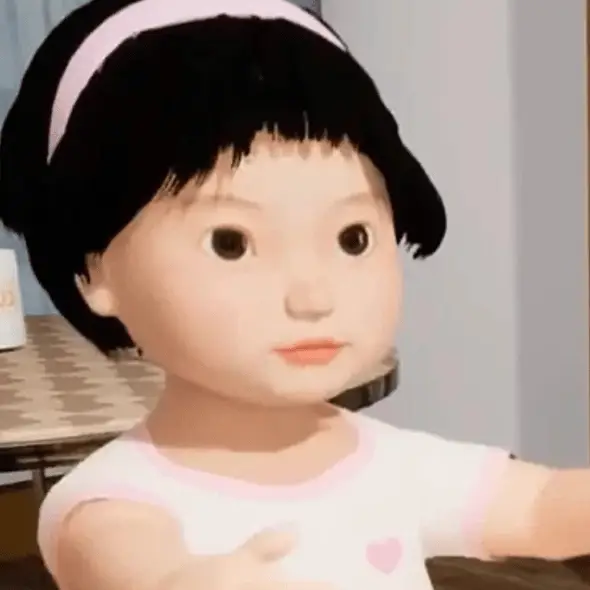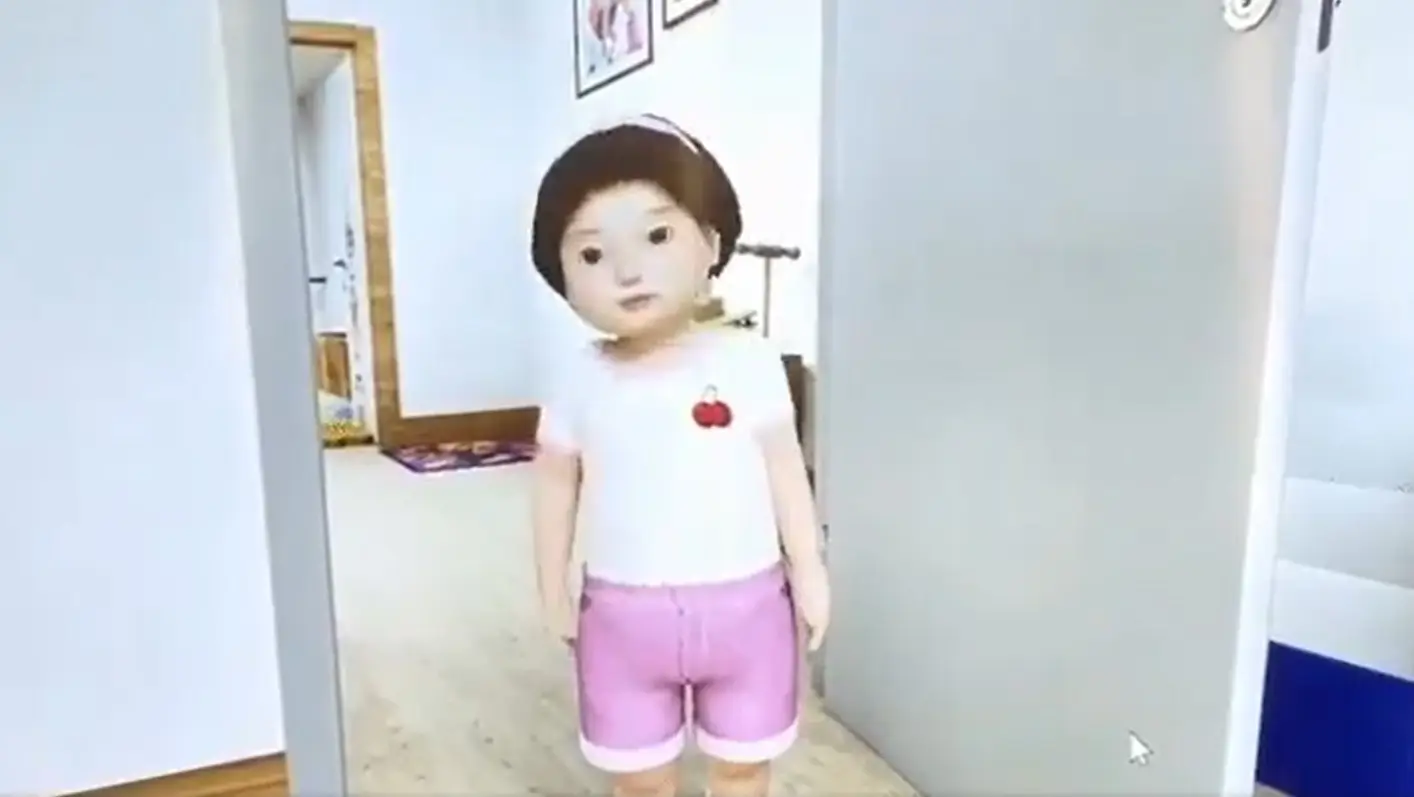
Ever wanted to have a chat with a completely fictional child? Well, AI researchers have just the thing for you.
In late January, AI researchers from all over the world came together at the Frontiers of General Artificial Intelligence Technology Exhibition held in Beijing.
One of the groups in attendance was from the Beijing Institute for General Artificial Intelligence (BIGAI), and they were there to show off Tong Tong, an AI child.
Tong Tong - which means 'Little Girl' in English - is apparently an AI model aiming at replicating the levels of language and competence of a human child aged around three or four years old, and its creators are pretty proud of what they've accomplished.
This isn't a robot or human doll - Tong Tong is a fully virtual AI, and exists only in virtual space, so she's not exactly ready to walk around in the real world.
Advert
Still, the playroom environment that Tong Tong exists in is full of things for her to do, and visitors to the conference were apparently able to tell her to do things without any hitches. The South China Morning Post reports her BIGAI creators as claiming she'll also take it upon herself to do some tasks as well.

However, the word 'tasks' does suggest that we're quite a way off full intelligence here, even if her creators say that Tong Tong "has her own joy, anger and sorrow" - as per the South China Morning Post. Let's just say we haven't met too many three-year-olds who look at life like a series of jobs they have to complete.
Still, it's clear that her problem-solving skills are considerable, but with the interesting limitation of her virtual age as a sort of hobble to keep her from getting too smart.
The ability to set herself tasks is what sets Tong Tong apart from most AI models right now, which respond to prompts or requests but won't typically take it upon themselves to do things independently.
In truth, without an open-source look at what makes Tong Tong tick, it's hard to judge just how much of a leap forward this is. Tong Tong could be relying on some hidden prompts and behaviour parameters to dictate her actions, or she could be displaying autonomy, as claimed, in which case things are much more advanced.
The question of what use an AI modeled on a younger brain like this can provide is one we'll have to leave to the experts - whether it's for grief counselling, parenting lessons or any other number of reasons.